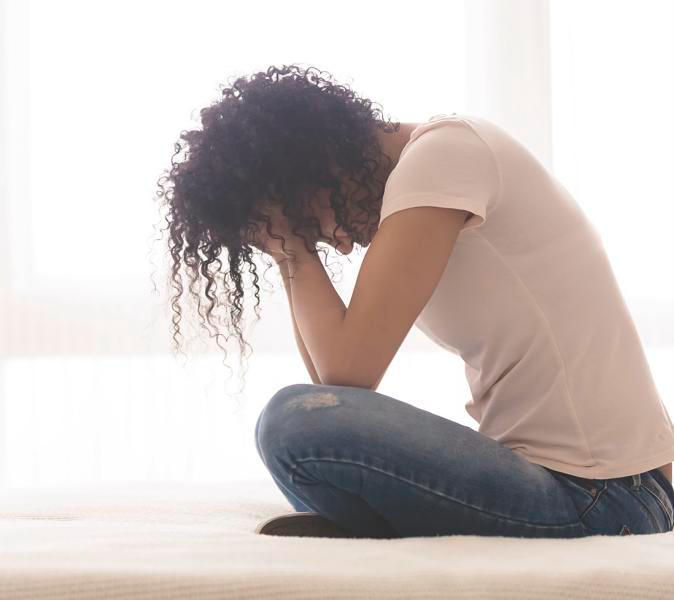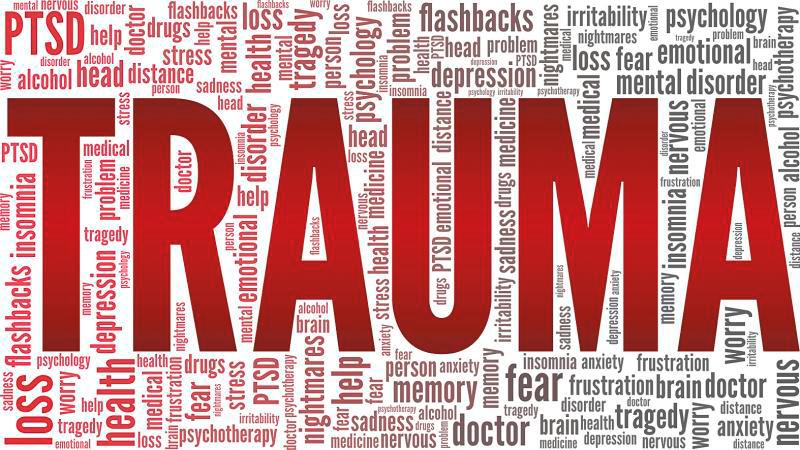CHILDREN are often considered ‘resilient’ and able to grow out of certain fears and insecurities, yet traumatic events in childhood can have devastating and lengthy consequences far into adulthood if left unresolved. Anything and everything that makes a child feel powerless and interrupts one‘s sense of safety, such as sexual, physical, or verbal harassment can result in childhood trauma. There is hope if you are dealing with the emotional ramifications of a traumatic childhood. Here are seven strategies for healing childhood trauma, and recovering your life.
Be patient with yourself
When it comes to people who have had a poor childhood, regret may be highly persistent. Some may wonder how they could have handled things differently. These cognitive processes might result in feelings of pessimism and dissatisfaction. The idea is to pause and understand: you were not to blame for what happened. Your childhood trauma has left a memory, and you are doing everything you can to recover. However, it is critical to allow adequate time for healing. Be gentle and kind to yourself. You should treat yourself like how you would treat those you care for.

Be honest
Pause and take a hard look at your situation as it exists today. Let yourself notice all of the ways you have tried to keep yourself protected, and be completely honest about all of the coping strategies you have developed over the years. Analyse it carefully and do not be scared to be blatantly honest. Whether you like it or not, the truth will eventually come out. The sooner you accept it, the simpler it will be.
Positive affirmations
Bad childhood experiences may stop us from living life on our own terms. To undo the consequences of years of trauma, you must constantly nurture your mind and soul with positive affirmations. You must reaffirm to yourself that you are no longer a child, and that you are in control. Positive affirmations are required to mitigate the consequences of negative experiences as a child. Take the time to consider the affirmations you will use. Create a list of the positive affirmations that speak to you and practise them on a regular basis.

Share it
Whenever you feel at ease discussing your thoughts with somebody else, go ahead and do so. Otherwise, write about them yourself. Describe what transpired when the painful incident occurred for the first time, how you responded at the time, and what you have learned about it since. Speaking or journalling about your feelings and experiences is a vital step toward healing. Writing to the individuals who have wounded you (but without sending the letter) may be a highly powerful way of getting a feeling out of your brain.
Don’t confuse acceptance with preference
It’s critical to remember that accepting something does not imply that you agree with it. When awful things happen to us, we may feel compelled to be dissatisfied with both ourselves and the way things are. It demonstrates a point and gives us the impression that we have reclaimed part of our control over the traumas of the past. The problem is that it leaves us weakened and defenceless, and sets us up for future deception. You must understand that acceptance is not the same as surrendering. It’s basically allowing things to happen the way they are, without thinking you have a right or obligation to control or change how things may have been differently.

Therapy
Although talking to your loved ones can be beneficial, individual counselling allows you to evaluate the specific trauma you had, and learn how to overcome it in the most appropriate way for you. Another incentive to consider therapy for childhood trauma is because it enables you to contact with an expert who has the necessary knowledge and experience.
Take good care of yourself
You will be able to deal with stress easier if you are healthy. Organise your schedule so that you get sufficient sleep, eat healthily and exercise regularly. When feelings become overwhelming, negative habits can take various forms, including negativity and persistent distrust of others.
All you require is a delicate, compassionate, and sympathetic reaction. The small traumatised child who still dwells within you needs to feel protected and seen.









